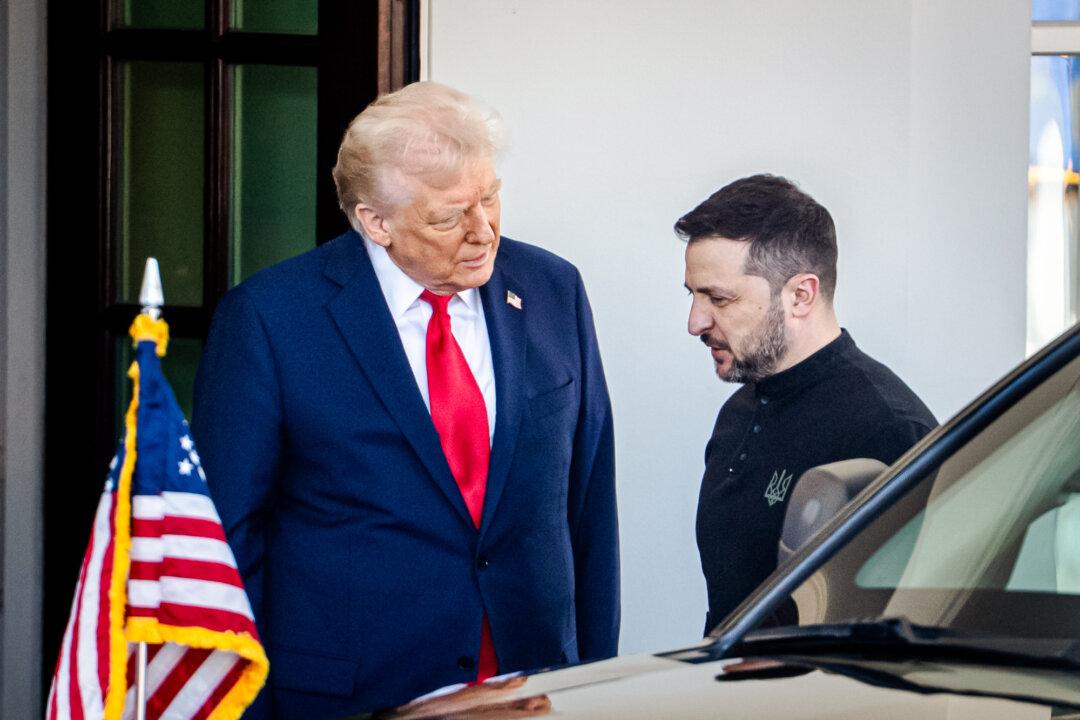U.S. President Donald Trump said on Friday that Ukraine hasn’t signed a long-delayed rare earths agreement that the Trump administration has said is critical to cementing economic ties between Washington and Kyiv and supporting Ukraine’s post-war reconstruction.
“Ukraine, headed by [President] Volodymyr Zelenskyy, has not signed the final papers on the very important Rare Earths Deal with the United States. It is at least three weeks late. Hopefully, it will be signed IMMEDIATELY,” Trump wrote in a post on Truth Social on April 25.





